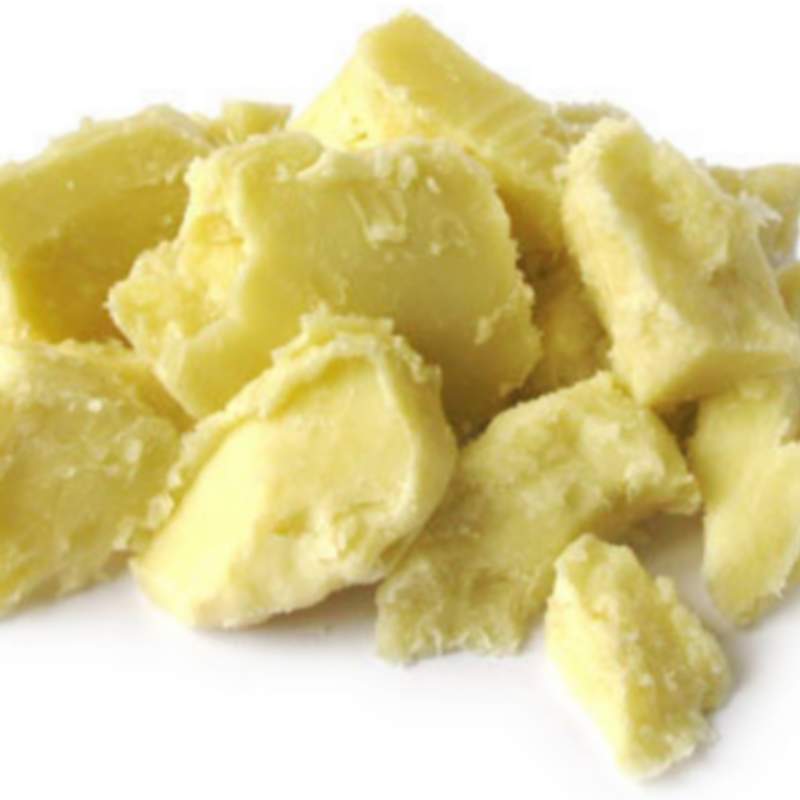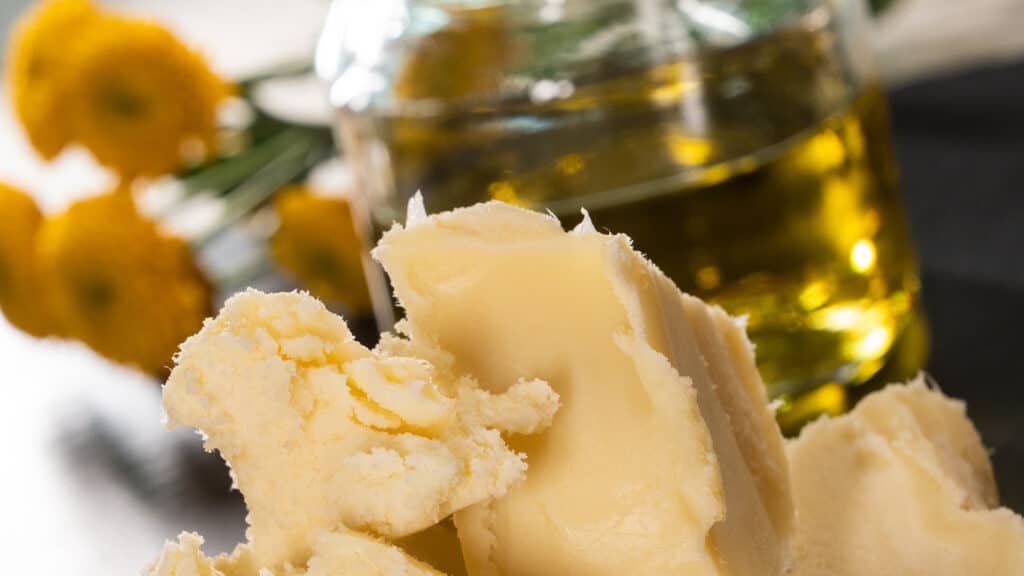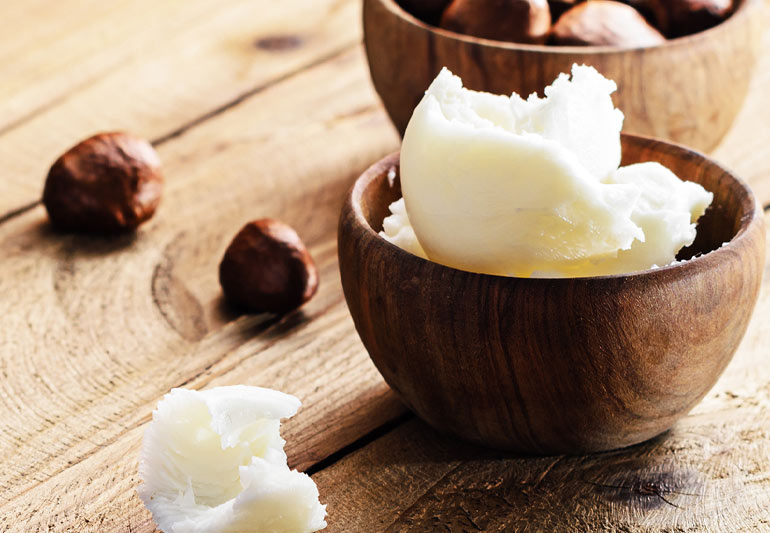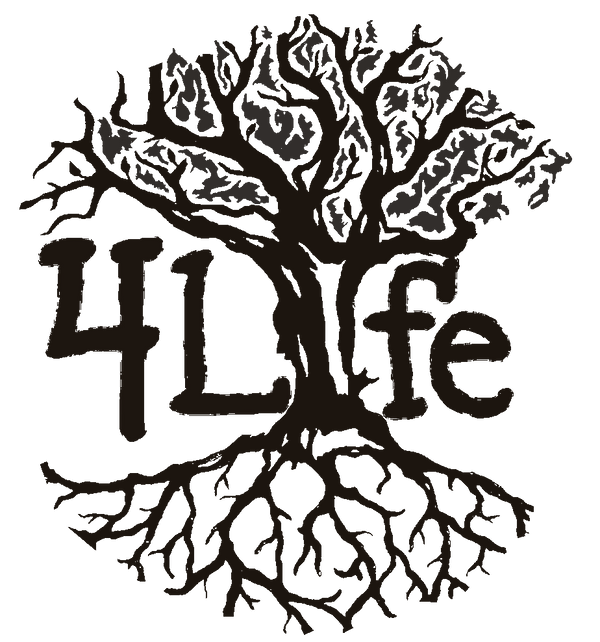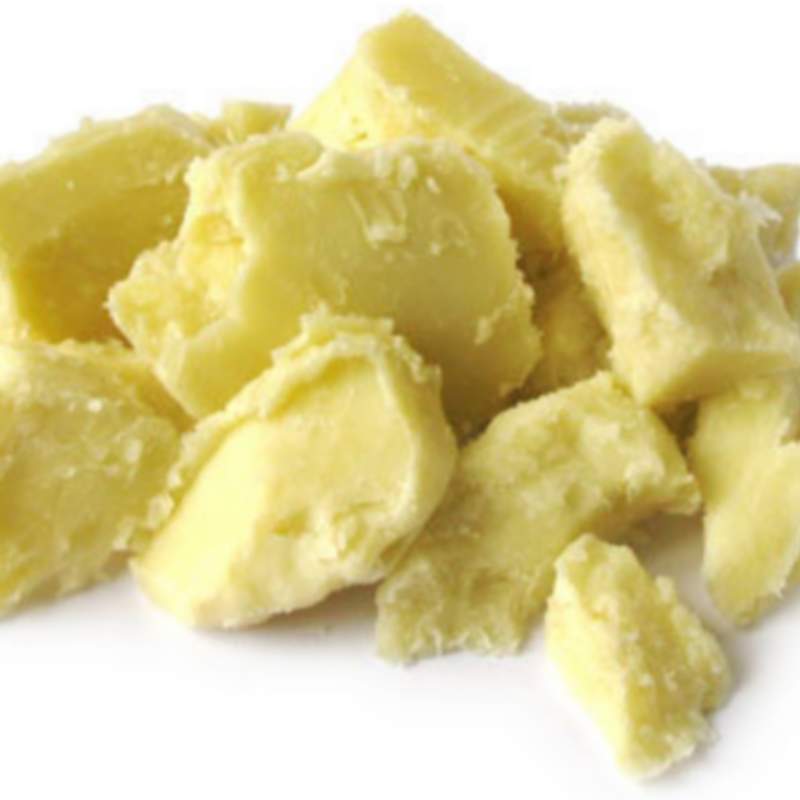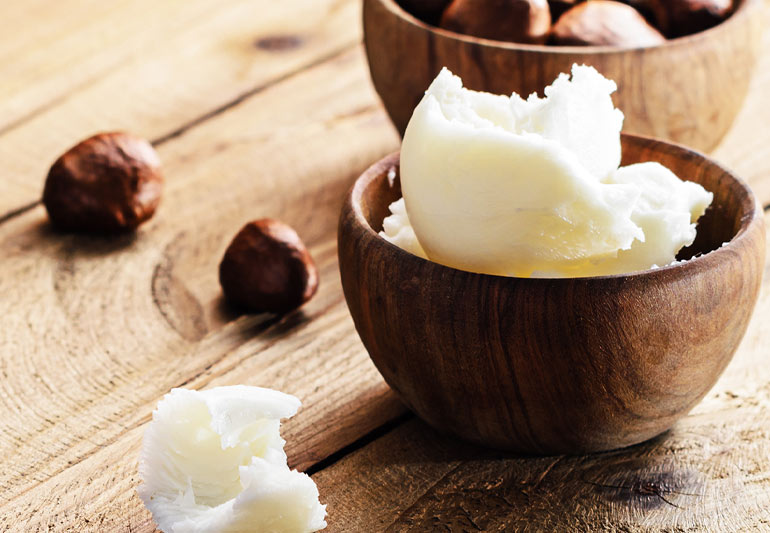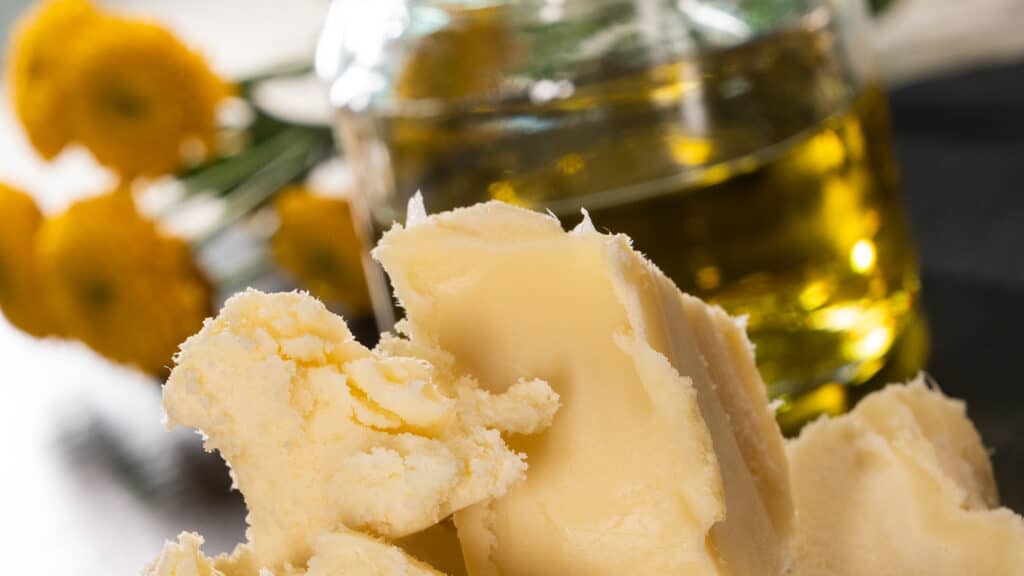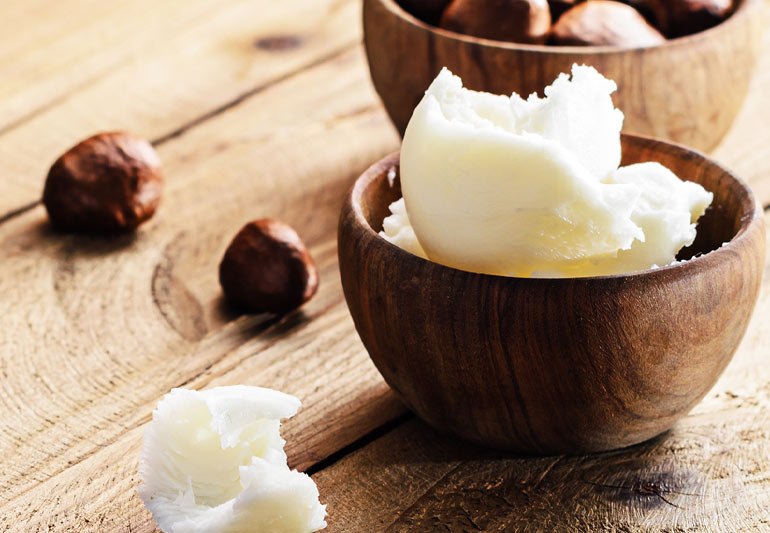Shea Butter
Shea Butter
Couldn't load pickup availability
Like coconut oil, shea butter is a fat that comes from a tree nut — specifically, from the shea nut of the karite tree in western and central Africa.
It’s been used locally for hundreds of years on skin and hair as a natural moisturizer and treatment for variety of ailments, like rashes and insect bites. It’s now become massively popular worldwide.
Shea butter is a solid at room temperature but melts to a liquid once heated. It’s primarily made up of saturated fatty acids like palmitic, stearic, oleic, and linoleic acid. It also contains certain vitamins, like vitamin E.
Shea butter’s use in pregnancy, postpartum, and baby care isn’t new. Those who are expecting may reach for a jar to rub on stretched belly skin and new moms may use it to relieve dry, cracked nipples.
Natural treatment for eczema
It may help treat eczema. Obviously, this is a big one for new parents battling this skin condition in their babies.
In one case study (on one person), shea butter reduced eczema appearance and symptoms more than Vaseline. In another small study, about 75 percent of pediatric participants with atopic dermatitis responded well to a cream containing shea butter.
And in a more recent 2019 evaluationTrusted Source, an oatmeal-based product containing shea butter improved eczema symptoms after one month of use.
More study is needed into pure shea butter.
Moisturizing effects
Shea butter is considered to be super moisturizing due to its fatty acids and vitamins (specifically, A and E). So if your little one has dry skin, it might help encourage that famous baby softness.
Most research labels shea butter as an emollient — another word for a moisturizing cream, lotion, or oil often used to soothe dry skin, eczema, or psoriasis.
Anti-inflammatory properties
Shea butter may also have anti-inflammatory properties. This would make it a good choice for skin irritation that can come with rashes and insect bites. (But always see your doctor if your baby has these.)
Harsh ingredients can irritate your little one’s skin and causes rashes or other issues. Remember that baby skin is also thin; the epidermis (outer layer of skin) of a newborn is actually 20 percent thinner than yours!
In other words, baby skin is sensitive. Fortunately, shea butter is considered safe for all skin types — even the most delicate and new. And unlike many store-bought baby lotions and creams, pure shea butter doesn’t contain added chemicals, sulfates, parabens, or preservatives.
https://www.healthline.com/health/beauty-skin-care/what-is-shea-butter
Share
